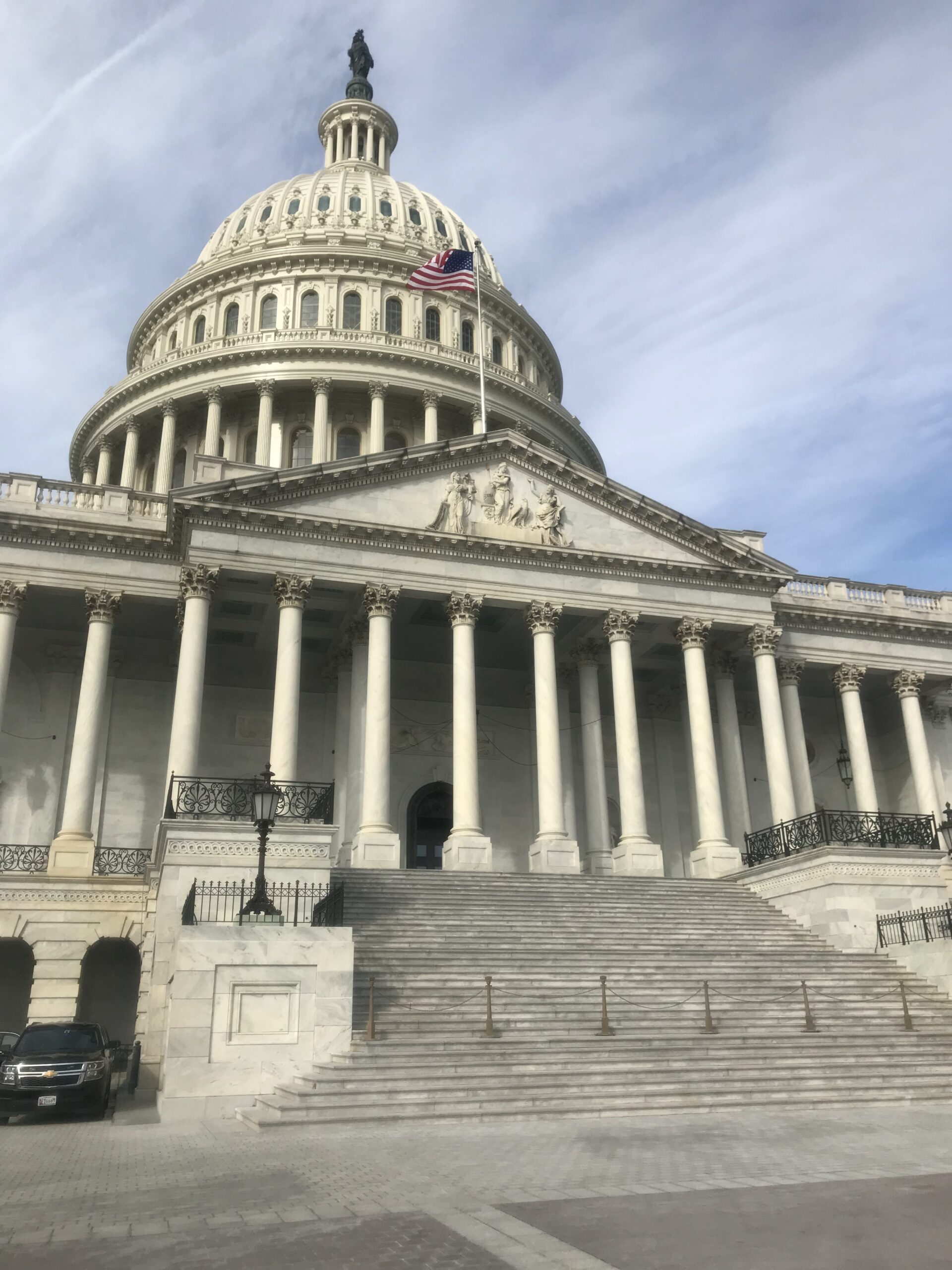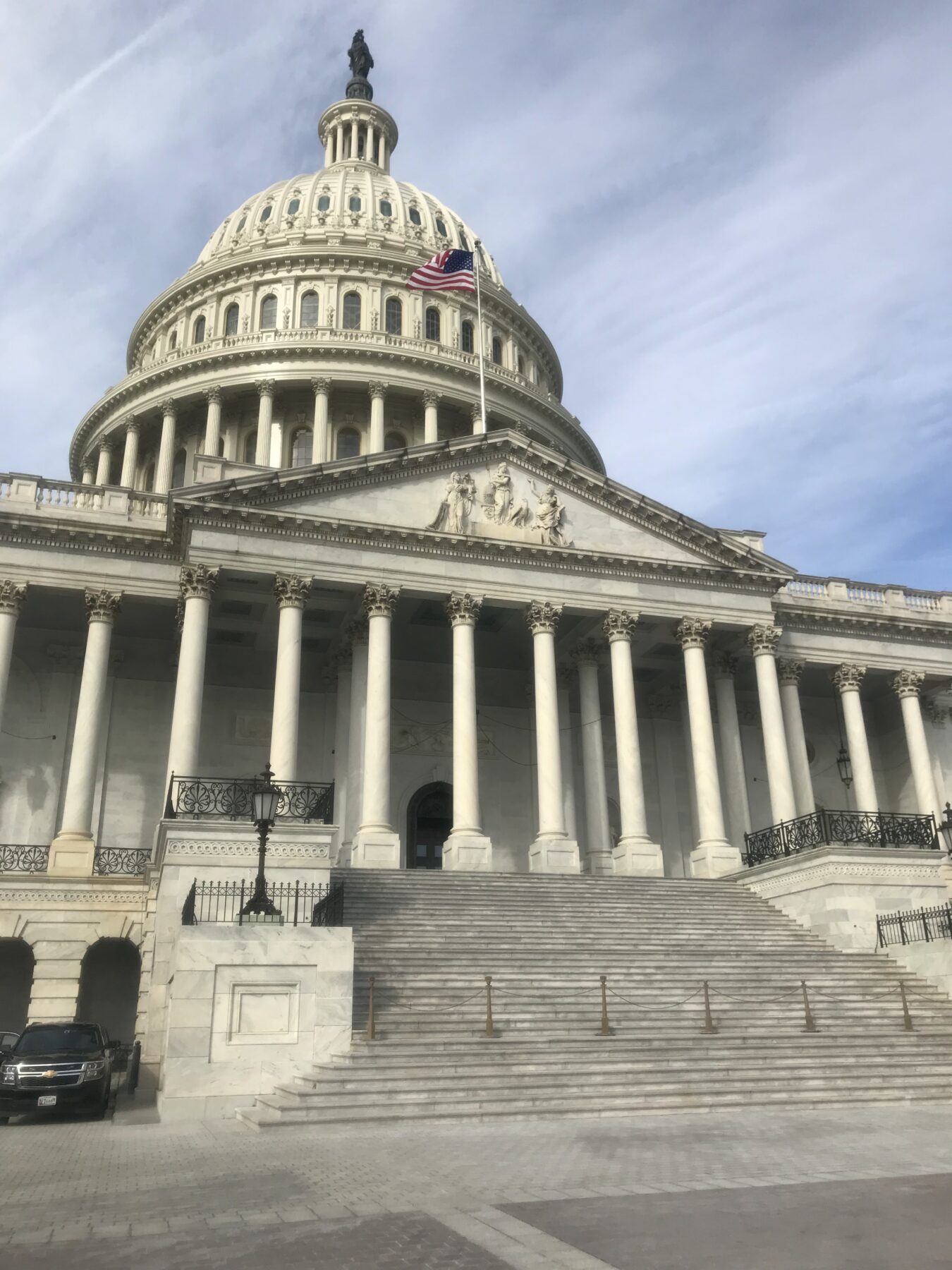Rising costs force brutal compromises when a household budget has no wiggle room. For example, paying increased rent to keep a roof overhead often means buying less food.
This past year, prices on many items climbed 7%—the largest increase since 1982. Food, cars, gas, and housing all cost significantly more. While inflation affects us all, it has an even greater impact on people already struggling financially.
The pandemic has caused jobs and earnings losses while school and childcare closures have made it impossible for some parents to resume work. In 2020 and 2021, Congress responded with COVID relief legislation to prevent economic disaster. Policies that increased available resources like stimulus checks and the expansion of the Child Tax Credit put dollars in our economy and kept families afloat. But now, as the pandemic continues, families still face rising costs without the help of those federal resources that have ended.
Inflation is bound to push some family budgets to the breaking point. This means a greater demand on food banks like Philabundance and the increased need to advocate for resources for food providers and economic support for the people we serve. So, we join Feeding America in urging Congress to continue aiding struggling families through improvements to programs like the Child Tax Credit and through funding for nutritional programs like The Emergency Food Assistance Program at Philabundance and other food banks.




